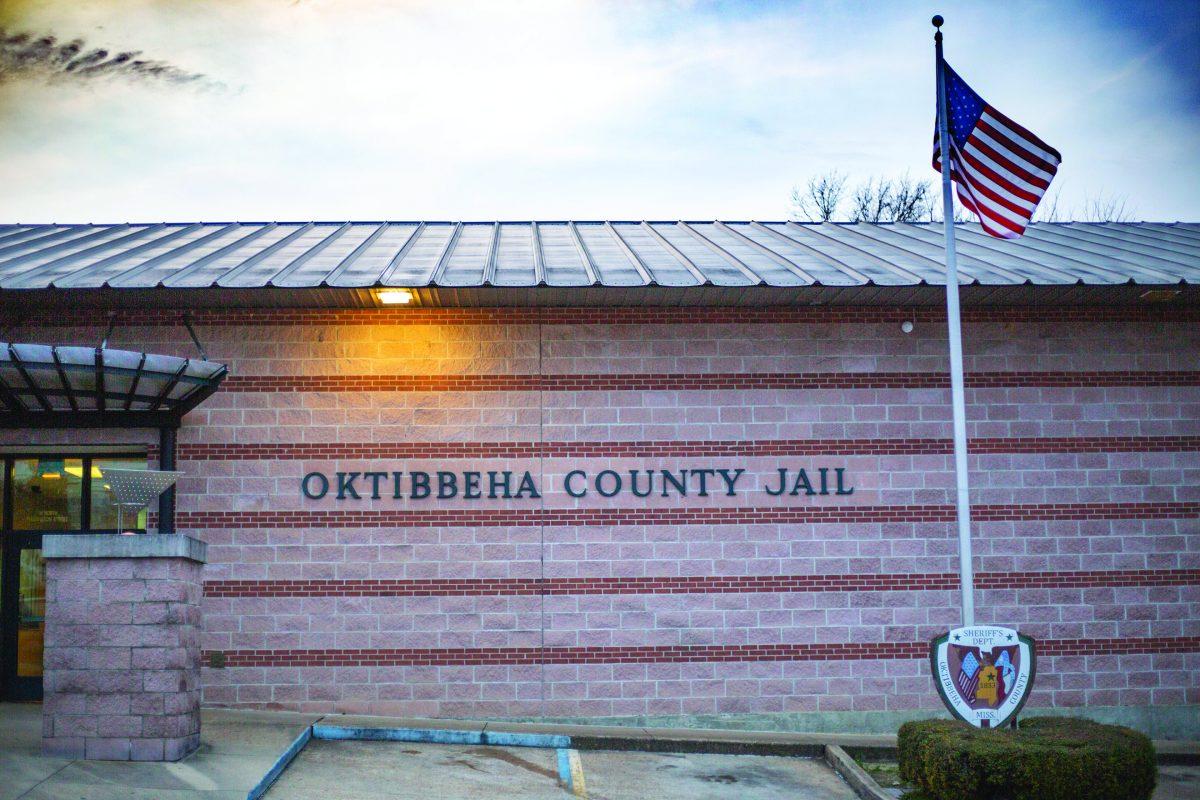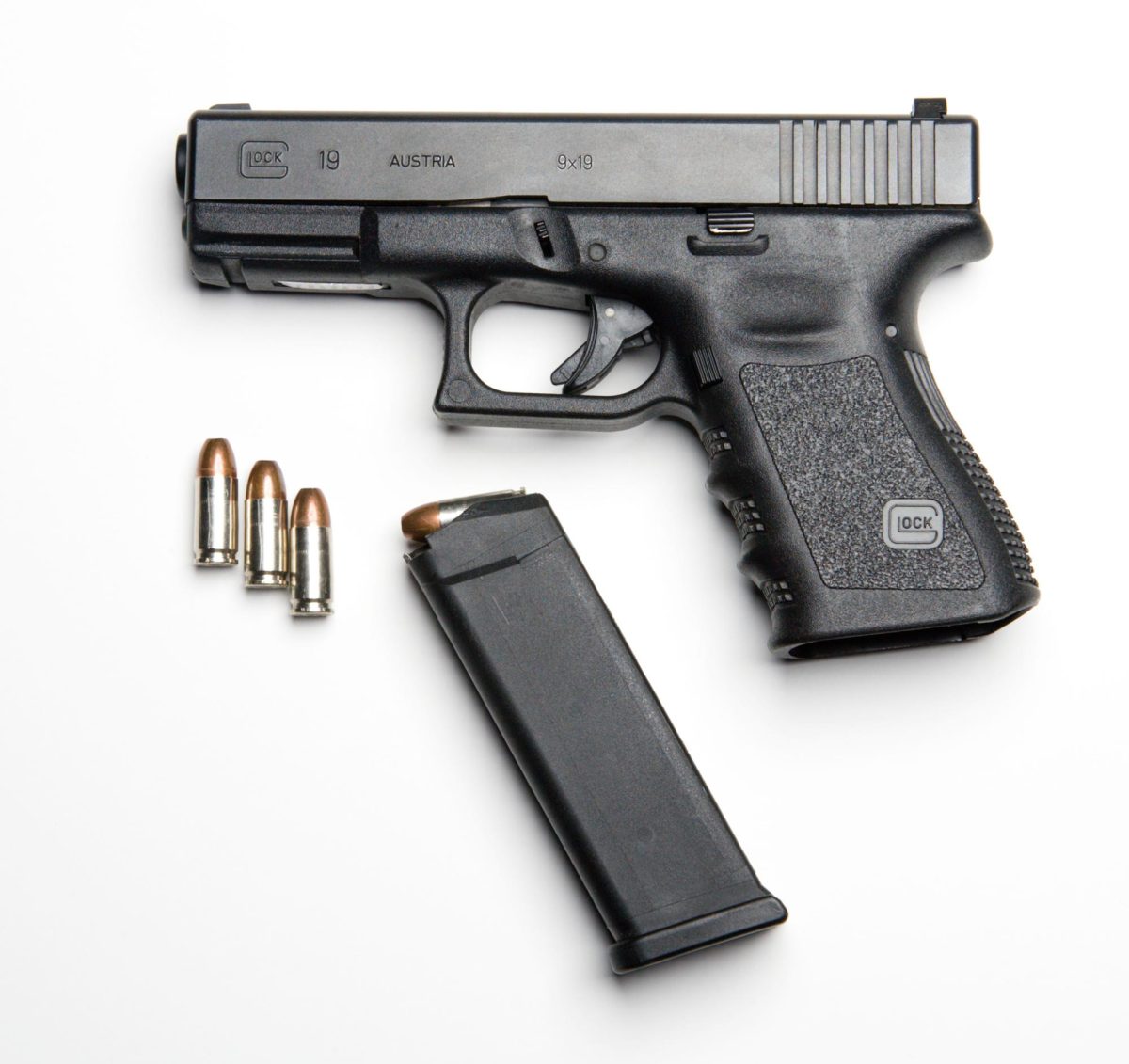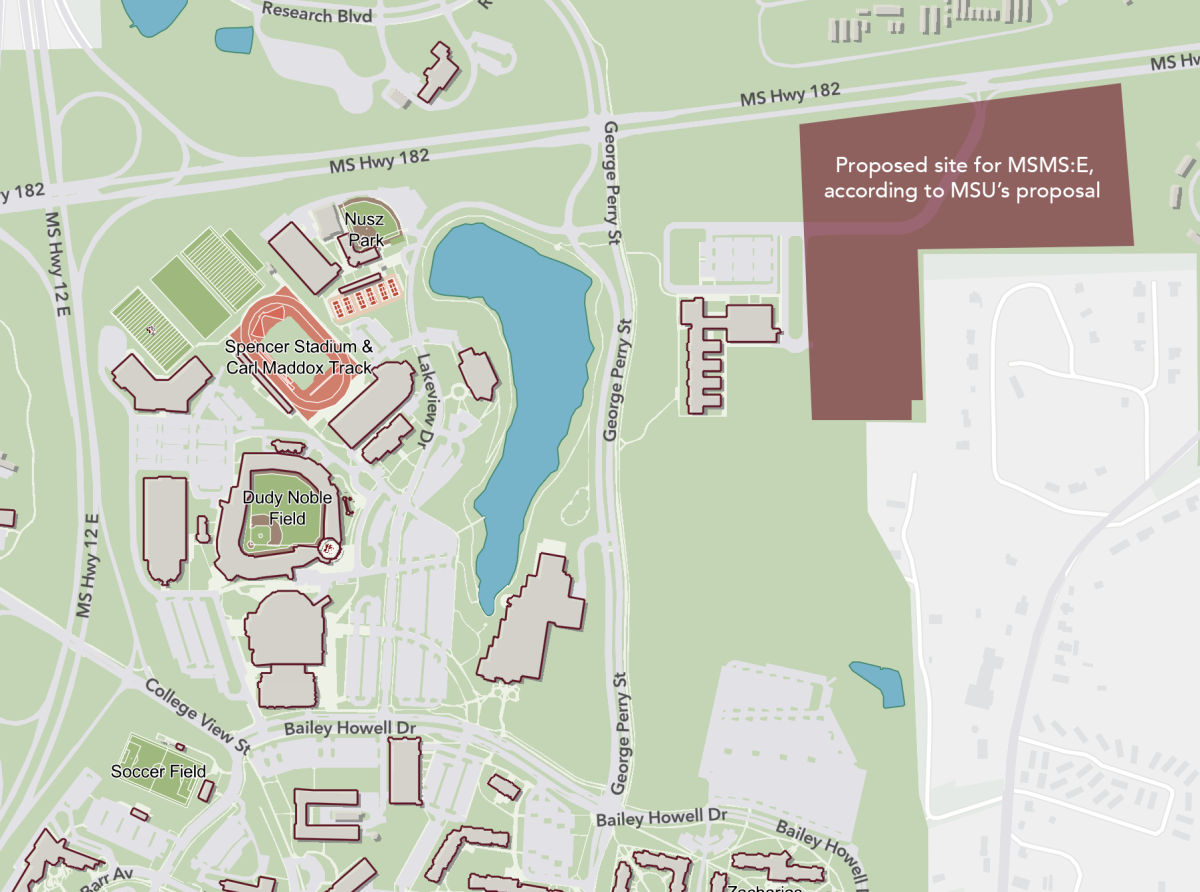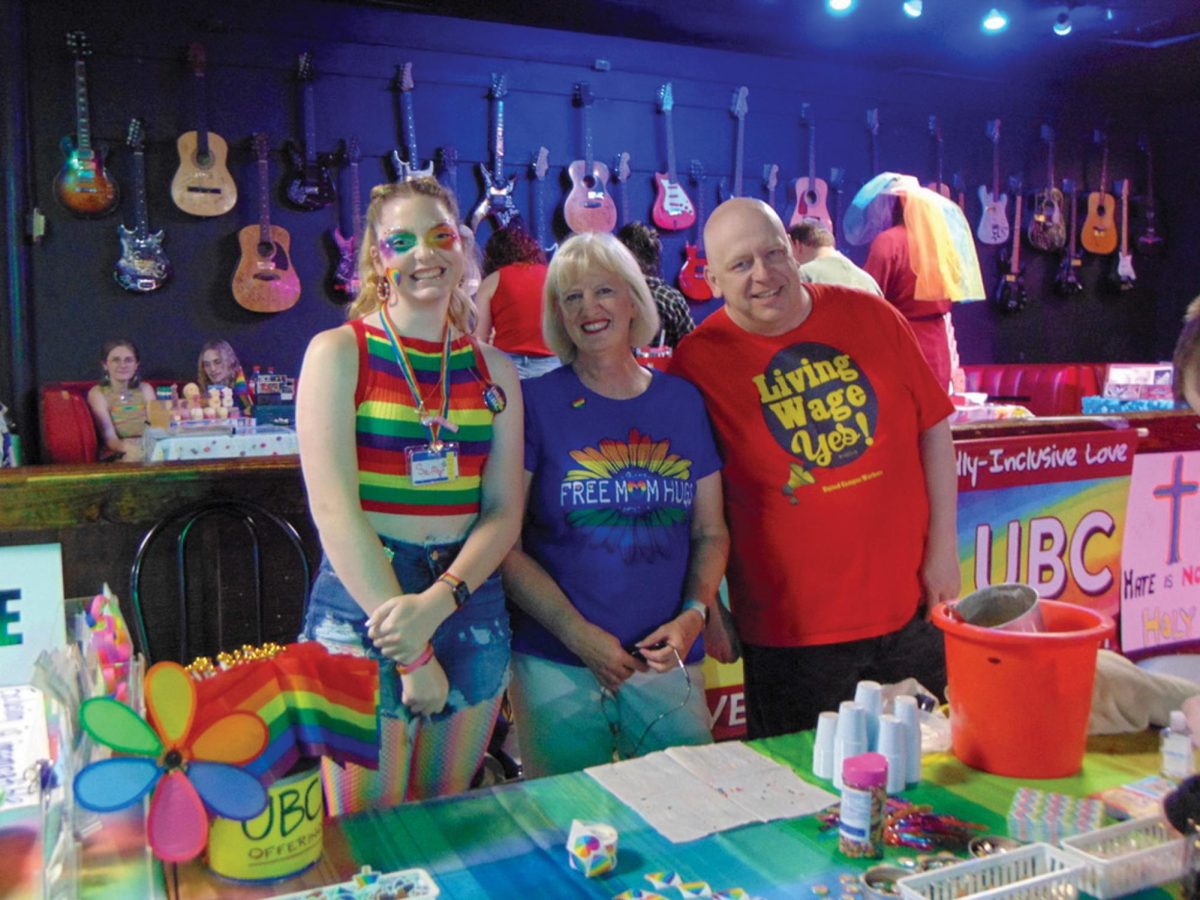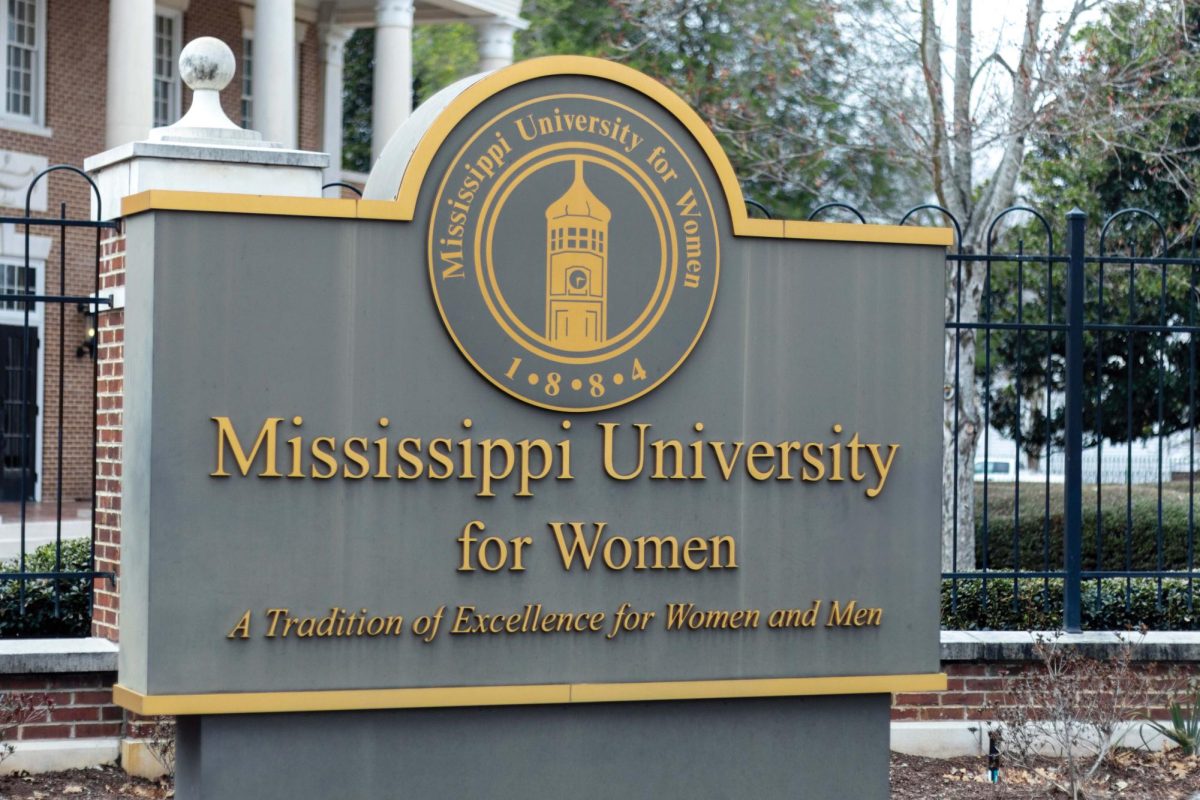While gang violence is not often associated with Mississippi, there is another problem contributing to violence in the state prison system which is more typical of the Magnolia State—a lack of funding.
In the past month, the public has seen an alarming spike in prison violence in the state of Mississippi. The Mississippi Department of Corrections announced last week two more inmates had died, bringing the inmate death toll in state prisons up to nine, the Clarion Ledger reported.
The Reflector staff spoke with local corrections officials and experts to gain insight into the factors contributing to the violence.
Shawn Word, the Oktibbeha County Jail Administrator, said while the local jail is a stepping stone to prison, with around 100 of their inmates being sentenced to state facilities a year, many of the problems that plague the state prison system are absent on the local level.
According to the Marshall Project, a nonpartisan criminal justice news organization, several of the main factors behind Mississippi prison violence include gang loyalties, contraband and understaffing.
Word said he does see evidence of gang loyalties on the local level.
“Gangs are something that you deal with as a street patrol officer all the way through the penitentiary,” Word said.
However, because of the smaller number of inmates in a local jail, Word can easily separate prisoners who have hostilities towards each other, something that is difficult for a state prison with a much larger number of inmates.
“I have 30 people in one zone, they have 500 people in one zone. If I have, out of my 30 people, three that don’t get along, I have three or four different zones, I can move, separate, keep them apart…at prison, they don’t have that ability a lot of times, just with the sheer amount of people they have to deal with,” Word said.
Additionally, Stacy Haynes, an associate professor in MSU’s Department of Sociology whose research has involved surveying correctional officers at Parchman, said other factors, such as a higher concentration of violent offenders and the permanence of being in a prison in contrast to the temporary status of being held in a jail can contribute to high tensions among prisoners.
According to the Marshall Project, contraband, specifically cell phones, has been a component in spreading violence in prisons with phones being stuffed into footballs and thrown over fences or prison employees being paid off to bring them to prisoners. Word said contraband is not a problem in his jail but has been an issue on the state-level for a long time.
“The state level has a problem with contraband, that’s not a secret,” Word said.
Across the board, officials and experts agreed a lack of funding that contributes to understaffing is the main issue at play in the current prison violence.
“The prisons are understaffed, so we have lots of positions that are unfilled in the facilities. It’s also the case that staff are underpaid, salaries are really low, so on that side of it that can be problematic if you have fewer people who are willing to supervise inmates,” Haynes said.
Word agreed, saying the quality of officers is a huge component to the environment in a prison.
“I don’t think (state prisons) are fully staffed, I don’t think they’ve been fully staffed, and I know that’s something they’re trying to do is get good employees to work the job because that’s where it all starts,” Word said.
Haynes said the quality of care for officers affects the quality of care for prisoners.
“You’ll hear stories of officers talking about not knowing when they go to work in the morning if they’re going to be working overtime, and so that kind of uncertainty can create problems and it puts stress on the officers doing the jobs, but also on their home life, and so the quality of officers that you have affects how they’re going to treat inmates and that can affect the relationship between inmates and correctional officers,” Haynes said.
Oktibbeha County Criminal Investigation Lieutenant Brett Watson said another issue stemming from a lack of funding and contributing to violence is poor living conditions in prisons. Brett said Word, the Oktibbeha County Jail Administrator, runs a clean jail, officers take time to listen to inmates and improvements are constantly being made. These are all factors that contribute to keeping tensions at a minimum.
“If you read Facebook over the past few weeks, you can see people commenting whose family members are in there (Mississippi prisons),” Watson said. “Now, I always take it with a grain of salt because what comes out of an inmate’s mouth is usually not the truth, but I know for a fact some of the things that come out have to be, and I think some of those living conditions could be much improved … and that goes a long way to making it all better from top to bottom.”
Watson said he believes part of the problem is people disliking the idea of spending money on prison reform but not realizing there are consequences to maintaining poor living conditions for prisoners.
Haynes said one solution to the issue of a lack of funding could be considering other punitive options besides incarceration.
“(Funding for corrections) is expensive,” Haynes said. “It’s always going to be expensive, and that’s where we have to consider ‘Is this the best use of our money?’ There are a lot of sanctions that you could have in the community that would work equally well if not better.”
While there are many issues plaguing the Mississippi prison system, Haynes said she has seen from her work with correctional officers that most of them truly are concerned about the well-being of the prisoners and are willing to implement programs to help them.
“I think that people who are working in corrections, a lot of the administrators, really do have interest in doing some of these kinds of programs, but I think it’s hard when there aren’t resources and when there are more pressing issues that they’re having to deal with,” Haynes said.
Prison violence in Mississippi: A look from the local level
Mary Georgia Hamilton | The Reflector
The Oktibbeha County Jail, located in downtown Starkville, currently holds 65 inmates. Every year between 80 and 120 inmates from the jail are sentenced to state facilities.
About the Contributor

Hannah Blankenship, Former Editor-in-Chief
Hannah Blankenship served as Editor-in-Chief of The Reflector from 2021 to 2022.
She also served as the Managing Editor from 2020 to 2021 and as the News Editor from 2019 to 2020.
Hannah was named College Journalist of the Year at the 2022 Southeastern Journalism Conference.
0
More to Discover


